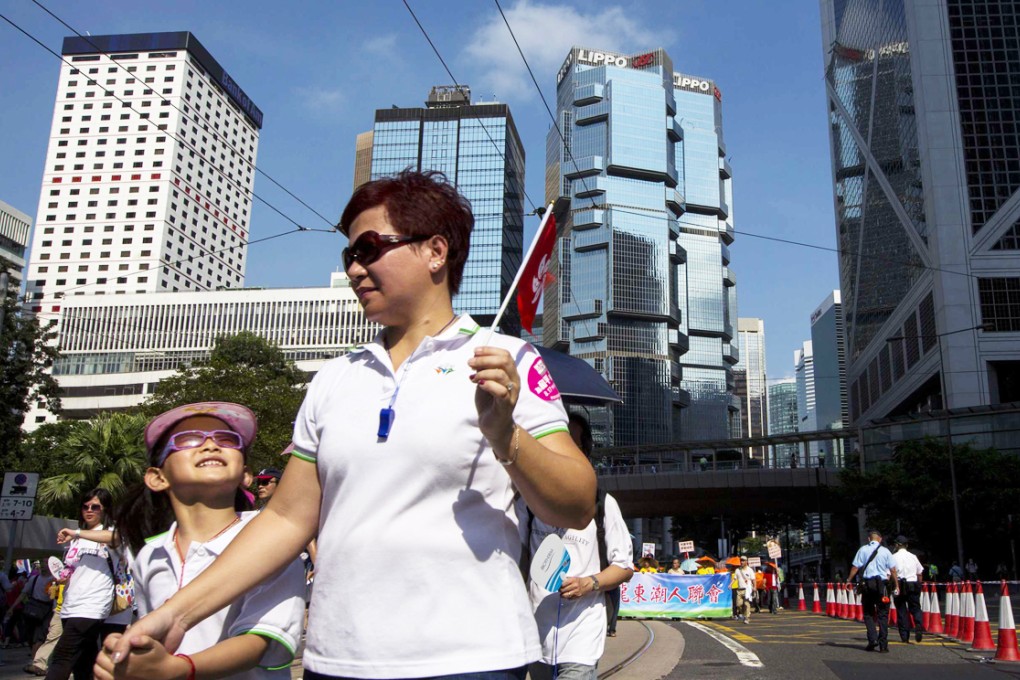Foreign ministry hails 'historic' reform
Any 'unbiased' person would welcome one person, one vote in 2017, spokesman says as UN body prepares to examine city's progress

Allowing Hong Kong to elect its leader by universal suffrage in 2017 would be "historic progress" - and no "unbiased" person would disagree, Beijing's Foreign Ministry said ahead of a United Nations meeting on the city's democratic development.
The remarks by a spokesman for the ministry's commissioner in Hong Kong were Beijing's first response to the news that an October 23 meeting of the UN Human Rights Committee was set to discuss Hong Kong affairs.
"I believe any unbiased person would agree that it is historic progress in Hong Kong's democratic development to implement universal suffrage for the chief executive in accordance with the Basic Law and the [National People's Congress Standing Committee] decision," the spokesman said.
The spokesman described the meeting as a "routine arrangement", but one scholar said the comment could reflect concerns the UN body might again raise the issue of whether Beijing's model for democracy in Hong Kong represented "universal and equal suffrage".
The NPC Standing Committee ruled last month that the city's first one person, one vote election for chief executive in 2017 could feature only two or three candidates who must win majority support from a 1,200-strong nominating committee. That body will be based on the election committee that chose past chief executives. Most of its members are likely to be elected by a few hundred thousand individual and corporate voters.
"The [UN committee] has been [critical] about corporate voting … [and] I expect them to comment on the limitations in the nominating committee, as well as how there are international standards for universal [and equal] voting," said Professor Michael DeGolyer, a Baptist University political scientist.